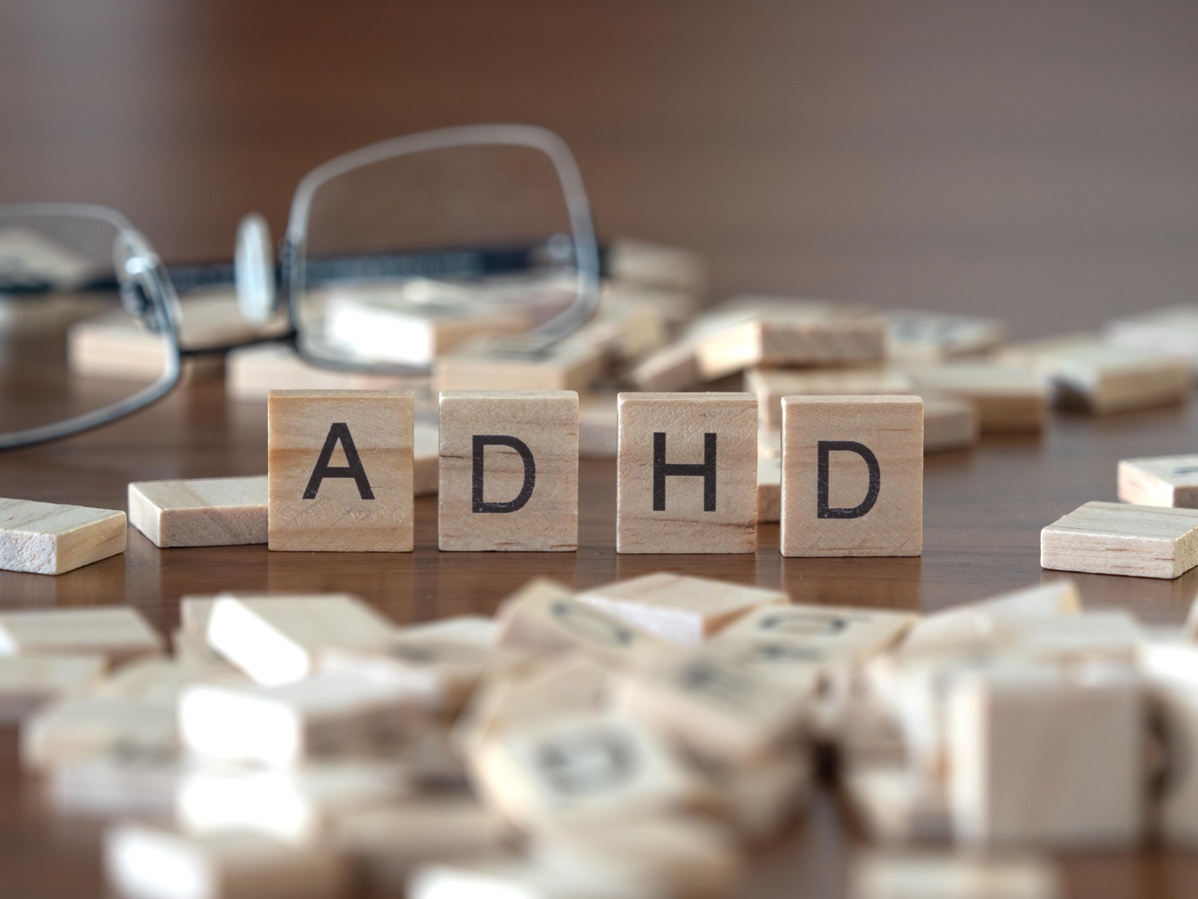 Attention Deficit Hyperactivity Disorder (ADHD) is a neurological disorder that interferes with the brain’s functions that are necessary to assess, plan, and execute daily life. ADHD sufferers are at higher risk of abusing drugs or alcohol than those without the disorder.
Attention Deficit Hyperactivity Disorder (ADHD) is a neurological disorder that interferes with the brain’s functions that are necessary to assess, plan, and execute daily life. ADHD sufferers are at higher risk of abusing drugs or alcohol than those without the disorder.
Mental illnesses, such as depression, anxiety, and post-traumatic stress disorder (PTSD) usually co-occur with addiction and substance use disorders. Sometimes people who struggle with addiction are unaware of any underlying mental health conditions. Some mental health problems are secondary, triggered by frustration of coping with the symptoms.
In reference to ADHD and substance abuse, WebMD states, “Several studies have shown a strong connection between ADHD, drug abuse, and alcoholism. ADHD is five to 10 times more common among adult alcoholics than it is in people without the condition.” Drugs and alcohol are often used as a way to self-medicate to cope, which puts a person at risk of severe physical, mental, and psychological health complications, or death.
ADHD is often treated with stimulant medications, such as Ritalin and Adderall. These medications are often effective at managing symptoms, but they also have a high potential for abuse and addiction. Non-stimulant medications, like bupropion and modafinil, or long-acting stimulant medications may be safer for patients who are struggling with drug addiction, a substance use disorder, or alcoholism.
Stimulant medications are popular among college students and young adults who are not diagnosed with ADHD. According to an article for The New York Times by Alan Schwarz (2013), “Various studies have estimated that 8 percent to 35 percent of college students take stimulant pills to enhance school performance. Few students realize that giving or accepting even one Adderall pill from a friend with a prescription is a federal crime.” Adderall is classified by the Drug Enforcement Administration as a Schedule II drug, in the same category as cocaine, because of their highly addictive properties.
If you suffer from addiction and a mental health condition, do not wait. Get help today. Addiction is isolating and leads to serious health issues. Treatment helps to prepare you for a healthy, new, sober lifestyle in recovery.
Cypress Lake Recovery specializes in addiction treatment and is located in a serene, remote, lush-green, oxygen enriched environment. The program encompasses holistic addiction therapy and offers yoga and meditation for the mind, body, and soul. The focus is on physical, mental, and emotional well-being by generating the balance of life-enriching treatment, wellness, and healthy, sober, sustainable relationships. Call us to get started: 409-331-2204

